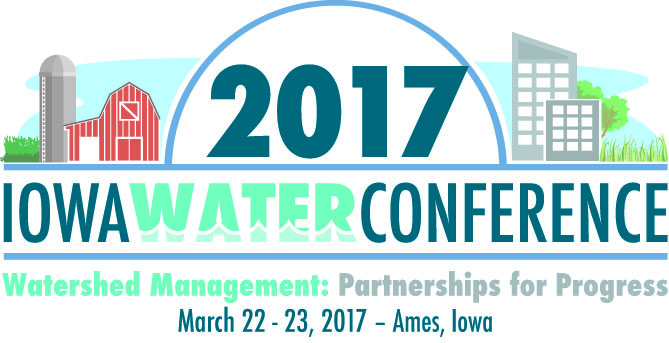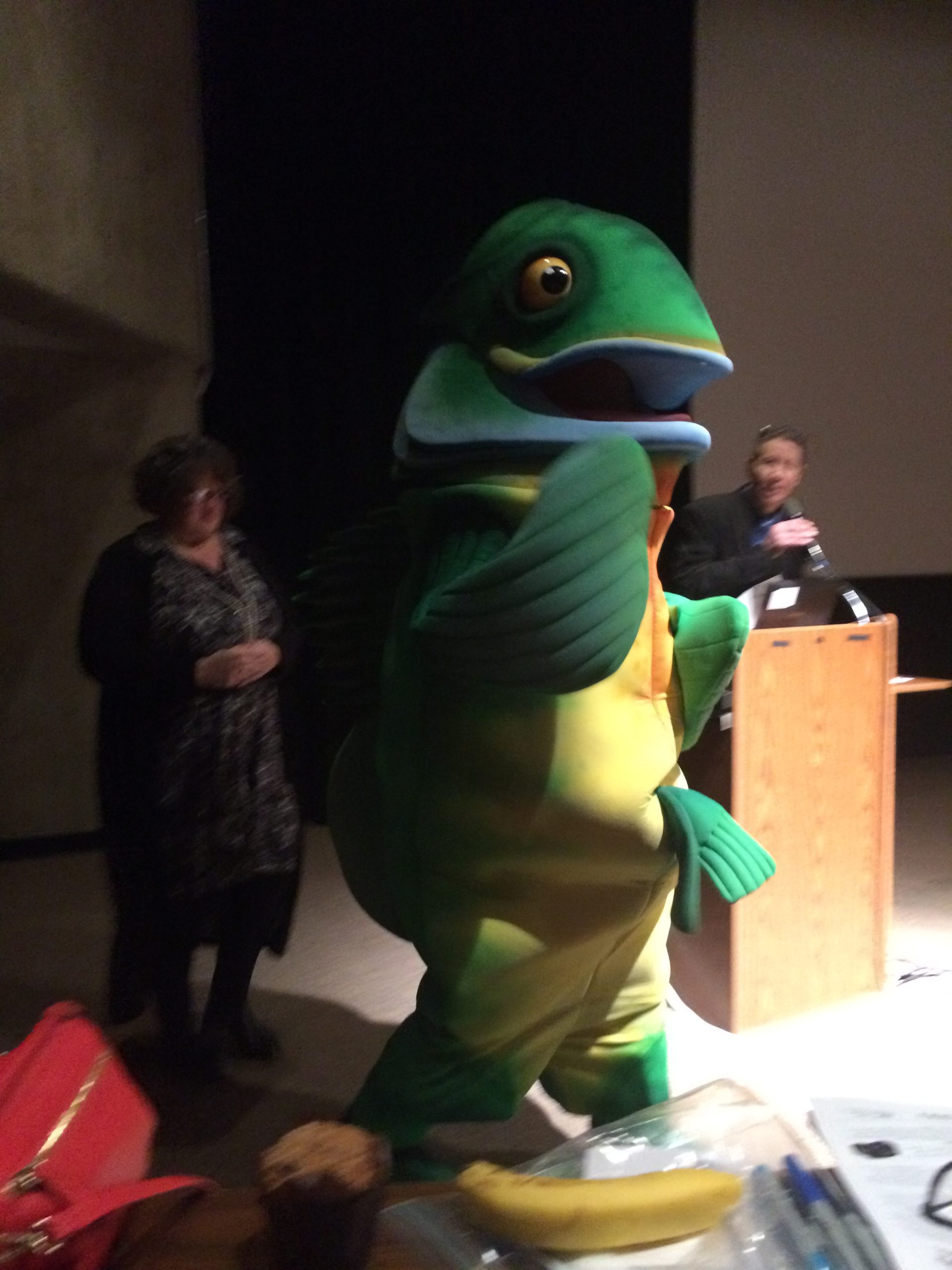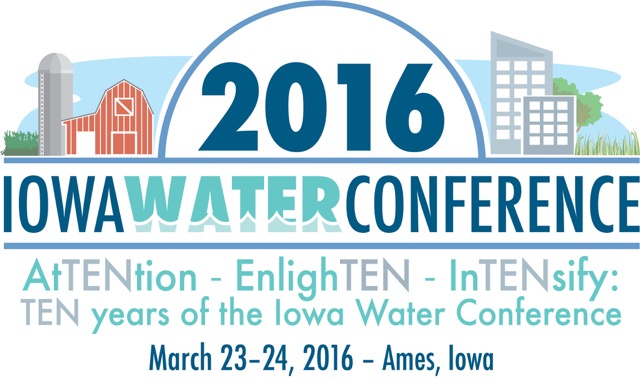On the ninth [business] day of Christmas, the Iowa Water Center gave to me…descriptions for the breakout session Green Infrastructure: Benefits & Maintenance.
The following presentations will take place at the Iowa Water Conference in Ames on the morning of Thursday, March 24, 2016. Registration for the conference will open in January.
Pollinators and Water Quality: Five Key Connections
Dan Shaw, Vegetation Specialist/Landscape Ecologist, Minnesota Board of Water and Soil Resources
Water quality projects can provide benefits to a variety of pollinators including honey bees, native bees, skippers, native flies, and butterflies. A few adjustments to project designs can maximize benefits for pollinators and help meet their needs for clean water sources, abundant floral resources, expanded corridors, protection from pesticides, and sufficient nesting sites. This presentation will focus on the link between water quality and pollinator projects, summarize research about pollinator habitat needs, and provide suggestions to guide project planning and design.
Up the Brick Street, with a paddle
Steven Diers, ICMA-CM, City Administrator, Charles City, Iowa
In 2010 and then again in 2012 the City of Charles City installed 26 blocks of permeable paved streets. Due to the overall success of these projects the total number has increased to 28 blocks and there are plans for more in the near future. In about the same time frame the city also built the state’s first whitewater course, which has brought new life and visitors to what was a “forgotten” part of town. Learn the successes, challenges and lessons learned from these two innovative projects.
Evaluating the benefits of watershed and stream habitat improvements to fish and other aquatic life
Mike Steuck, Northeast Regional Fisheries Supervisor, Iowa Department of Natural Resources
This presentation explores improving fish populations through watershed and fish habitat improvement practices.
Stream Channel Restoration to Improve Dissolved Oxygen
Rebecca Kluckhohn, P.E., Principal, Wenck Associates, Inc.
Case study of a stream/riparian wetland complex restoration optimizing channel design to improve dissolved oxygen and protect downstream lakes from the soluble phosphorus export. DO concentrations improved, tolerant/super-tolerant species populations declined, improved Hilsenhoff Biotic Index, reduced P export.


